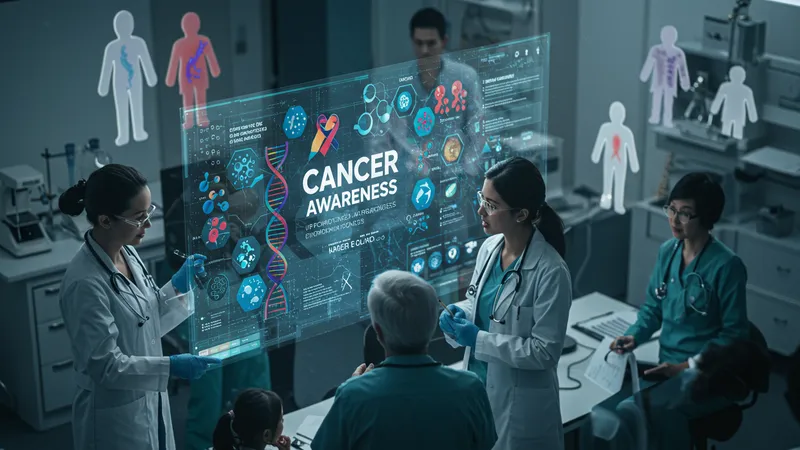
Understanding Cancer: A Complete Guide
Cancer is a complex group of diseases characterized by abnormal cell growth, which can invade surrounding tissues and spread to other parts of the body. In plain terms, understanding cancer means exploring how it develops, how it affects people’s lives, and the wide-ranging factors involved in its diagnosis and treatment. A complete guide to cancer unpacks not only the science behind the disease but also the practical realities that patients, families, and medical professionals face when dealing with it.
An authoritative guide on cancer covers everything from the underlying genetic mutations to the ways in which environmental factors can contribute to its onset. It delves into the different types of cancer—such as breast, lung, and prostate cancers—as well as the various stages and how each is treated. Importantly, a comprehensive resource provides insights into prevention, detection, and advances in both traditional and targeted therapies, while also considering emotional and social impacts.

- Cancer Research UK — The largest cancer charity in the United Kingdom offers educational resources, research updates, and patient support. Free.
- Macmillan Cancer Support — Provides practical, medical, and financial guidance for people affected by cancer in the UK. Free to access.
- NHS Cancer Services — Delivers nationwide screening, diagnosis, and treatment through public hospitals in England, Scotland, Wales, and Northern Ireland. No direct cost at point of use.
The scale of cancer in the United Kingdom is significant, with nearly 1 in 2 people born after 1960 expected to be diagnosed in their lifetime. Early detection programs, such as those run by the NHS, play a transformative role in improving survival rates. In 2023, about 375,000 new cancer cases were recorded in the UK, showing how vital public awareness and support systems remain.
Resources like Cancer Research UK and Macmillan Cancer Support don’t just drive research; they also empower patients and their families with practical advice, helplines, and emotional support. Both organizations maintain a wealth of up-to-date educational materials online, making critical information accessible to anyone affected by cancer. They also coordinate nationwide campaigns to reduce stigma and improve outcomes.
The NHS Cancer Services provide universal access to cancer screening, which has increased early-stage diagnosis of cancers such as breast and cervical. The NHS pathway is continually being improved, including patient navigation support and streamlined referrals, which can be essential for those facing complex diagnoses. Treatment options range widely and include chemotherapy, radiotherapy, surgeries, and the latest targeted medicines.
Beyond medical care, complete cancer support in the UK addresses emotional well-being, helping individuals manage anxiety and stress through counseling and peer groups. These non-clinical services ensure people affected by cancer don’t face challenges alone and can access guidance on legal rights, employment, and finances.
This overview barely scratches the surface; in the next section, we’ll uncover the fundamental types of cancer, how they are diagnosed, and what current data reveals about their prevalence in the United Kingdom. The deeper details reveal even more valuable insights ahead…